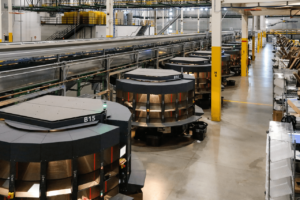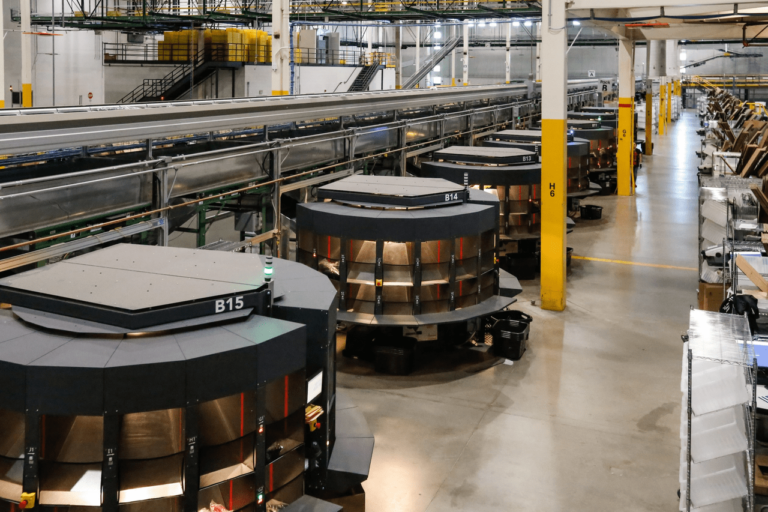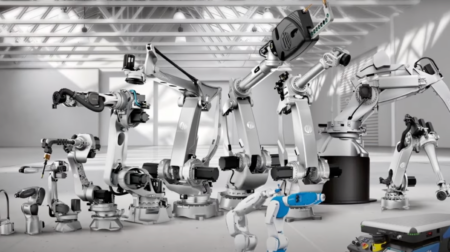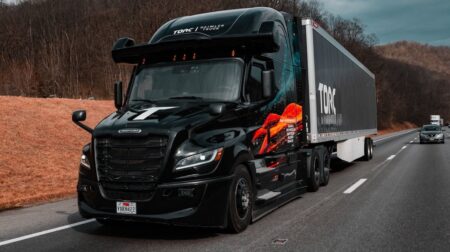Retailer Gap has purchased 73 additional Sort robots to install in its US distribution centres, to help limit human contact and meet increasing demand for online orders due to the Covid-19 pandemic.
The systems, which bring Gap’s total fleet to 106, will be deployed by robotics and AI company Kindred.
Kindred has already deployed 20 of the new Sort systems to Gap’s largest-volume distribution centre in Columbus, Ohio and 10 to a centre near Nashville, Tennessee.
“Gap has made a bold statement with its investment to increase its robotics footprint across its supply chain significantly,” said Marin Tchakarov, COO of Kindred.
“Global retailers realise intelligent robotics are the only way to meet increasing customer delivery expectations and consistent throughput.
“Kindred’s modularity, price-per-pick and quick implementation model help retailers big and small embrace robotic automation.”
Between January 1, 2020 and April 30, 2020, Gap reportedly used Sort robotics systems to sort more than 13 million units of merchandise.
During that time frame, the systems are said to have facilitated an average sorting speed of 335 units per hour and maintained uptime at 99.8%.

“We’re pleased that our partnership with Kindred has grown from a test pilot to a full deployment of their Sort robots across our US network – especially at a time when we’re trying to keep our employees safe,” said Kevin Kuntz, senior vice president of global logistics fulfillment at Gap.
“We look forward to working together with Kindred on cutting-edge automation.”
Gap has been using Sort robotic piece-picking systems for secondary sortation points at its distribution centres in Tennessee, California and New York since 2017.
Once the additional systems are deployed, Gap will have paired Sort robotics with all the automated primary sortation systems in its distribution network.
Sort piece-picking robots utilise AutoGrasp, a robotics intelligence platform that identifies and singulates items to pick and place into an automated putwall.
AutoGrasp combines vision, grasping and manipulation algorithms to move clothing, poly bags and other small items.
Kindred uses AI research and human-in-the-loop data methodology to continuously improve robot capabilities so that picking becomes smarter, faster and more accurate over time.
Sort robots have reportedly picked more than 60 million units in production to date.
Read more from Robotics & Innovation
https://www.roboticsandautomationmagazine.co.uk/fast-fashion-faster-robotics/








